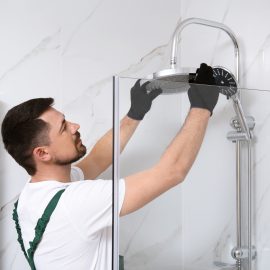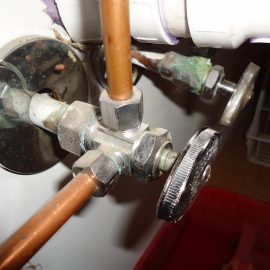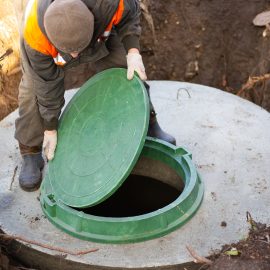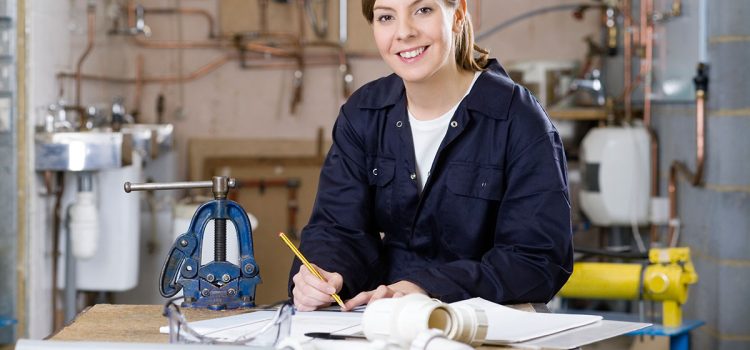
While significant plumbing difficulties should be left to expert plumbers, there are some DIY tasks you may do to tackle small repairs and upgrades. As a homeowner, having some basic plumbing knowledge and abilities may help you save time and money while also empowering you to tackle simple plumbing chores successfully. In this thorough guide, we will look at the greatest plumbing ideas for do-it-yourself tasks, covering everything from basic upkeep to easy repairs and installs. Always emphasize safety, and if you are unclear or the work is too hard, get expert assistance.
Know Your Plumbing System
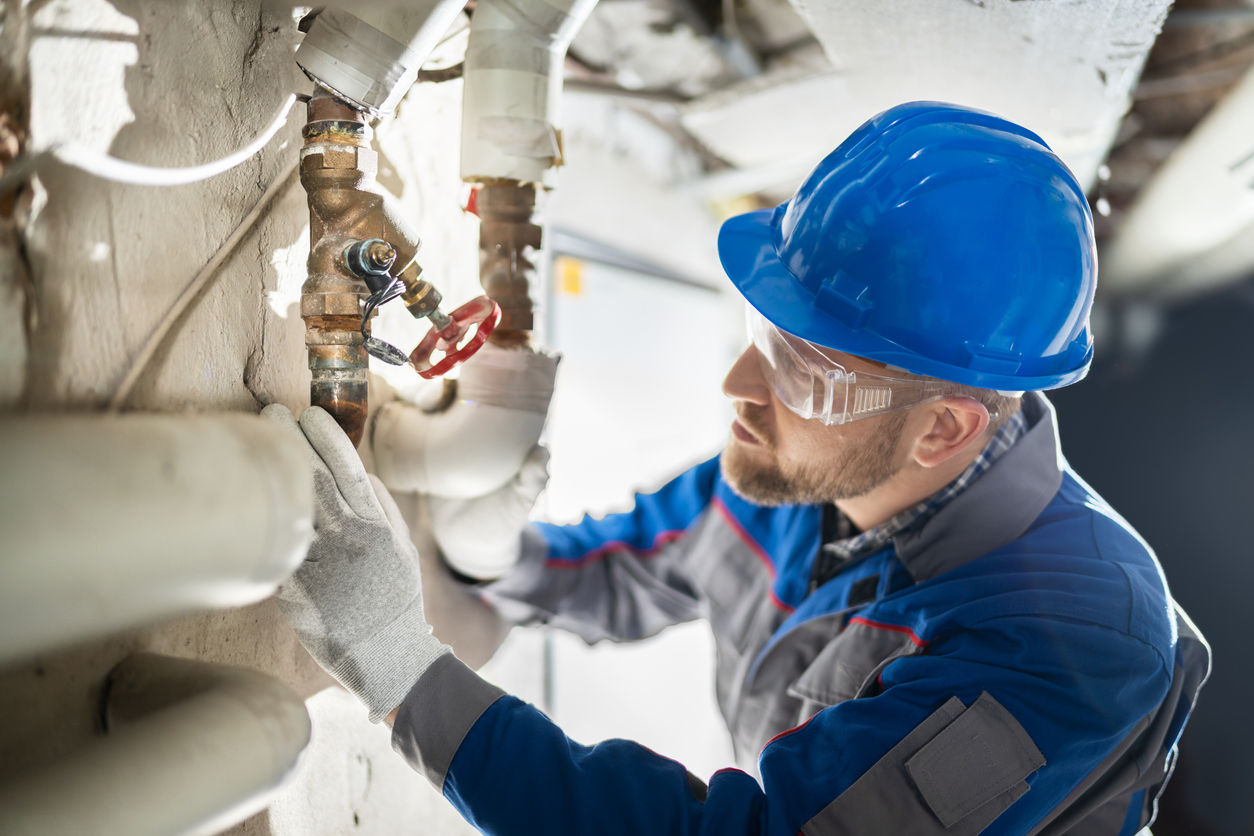 Before diving into any DIY plumbing project, take some time to familiarize yourself with your home’s plumbing system. Locate the main shut-off valve and understand how it works. This valve controls the water supply to your entire house and is crucial in case of emergencies or repairs.
Before diving into any DIY plumbing project, take some time to familiarize yourself with your home’s plumbing system. Locate the main shut-off valve and understand how it works. This valve controls the water supply to your entire house and is crucial in case of emergencies or repairs.
Gather the Right Tools
Having the right tools is essential for successful plumbing projects. Some basic tools you’ll need include adjustable wrenches, pipe wrenches, pliers, a hacksaw, a tape measure, a pipe cutter, Teflon tape, and a plumber’s snake. Invest in quality tools as they will last longer and make your tasks easier.
Practice Water Conservation
Water conservation is not only environmentally friendly but can also save you money on your water bills. Fix any leaks promptly and install water-saving fixtures, such as low-flow toilets and aerated faucets, to reduce water usage.
Avoid Chemical Drain Cleaners
While it may be tempting to use chemical drain cleaners for clogs, they can cause more harm than good. These chemicals are harsh on your pipes and can lead to corrosion and further damage. Instead, use a plumber’s snake or a drain auger to remove clogs.
Know How to Shut Off Water
In case of emergencies or repairs, it’s crucial to know how to shut off the water supply to specific fixtures or appliances. Learn how to shut off water to individual sinks, toilets, or appliances to prevent flooding and damage.
Insulate Exposed Pipes
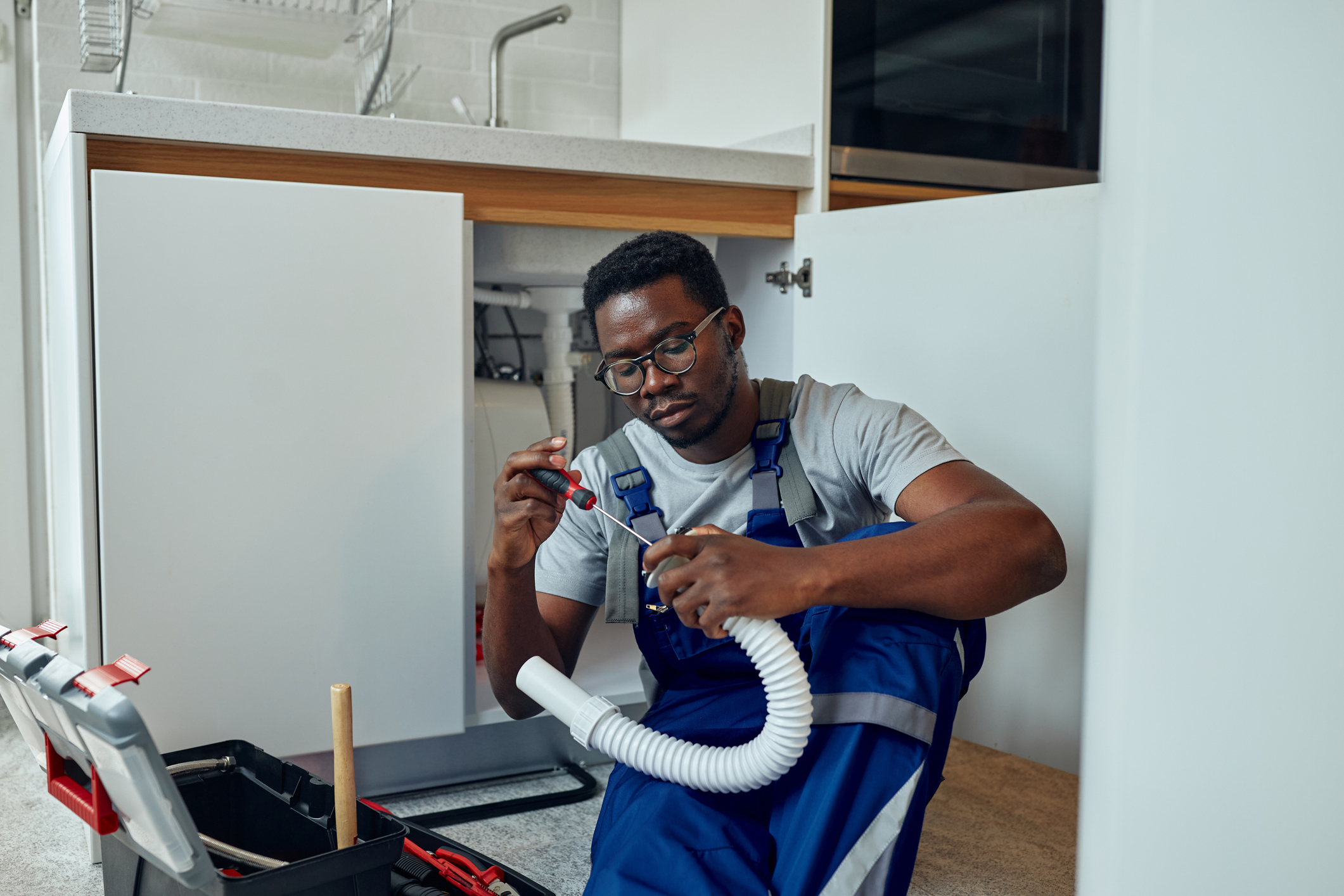 If you live in an area with cold winters, insulate exposed pipes to prevent them from freezing and potentially bursting. Use pipe insulation sleeves or heat tape to protect pipes in unheated areas.
If you live in an area with cold winters, insulate exposed pipes to prevent them from freezing and potentially bursting. Use pipe insulation sleeves or heat tape to protect pipes in unheated areas.
Be Cautious with Grease and Food Waste
Avoid pouring grease or large amounts of food waste down the kitchen sink. Grease can solidify and clog your pipes, while large food particles may get stuck and cause blockages.
Check Toilet Flapper Regularly
A running toilet can waste a significant amount of water. Check the toilet flapper regularly to ensure it is sealing properly and not allowing water to escape from the tank.
Use Thread Seal Tape
When making pipe connections, use Teflon or thread seal tape to create a watertight seal. This tape prevents leaks and ensures secure connections.
Properly Caulk Fixtures
Caulking around sinks, bathtubs, and showers prevents water from seeping into gaps and causing water damage. Check caulk regularly and reapply as needed.
Know Your Limits
While DIY plumbing can be rewarding, it’s essential to know your limits. Major plumbing issues, such as mainline clogs or sewer problems, are best handled by professional plumbers. Don’t hesitate to call for help when you’re unsure or dealing with complex issues.
Stay Safe
Always prioritize safety during DIY plumbing projects. Turn off water and electricity before starting any repairs, wear appropriate safety gear, and be cautious when using tools.
Regular Maintenance
 Perform regular plumbing maintenance to prevent major issues. Inspect your plumbing fixtures, look for signs of leaks, and address any problems promptly.
Perform regular plumbing maintenance to prevent major issues. Inspect your plumbing fixtures, look for signs of leaks, and address any problems promptly.
Research and Learn
The internet is a vast resource for learning about DIY plumbing projects. Watch tutorials, read articles, and join online forums to expand your plumbing knowledge and gain insights from experienced DIY enthusiasts.
Keep Emergency Numbers Handy
Despite your best efforts, emergencies can happen. Keep the contact information of local emergency plumbers handy for situations that require immediate professional assistance.

